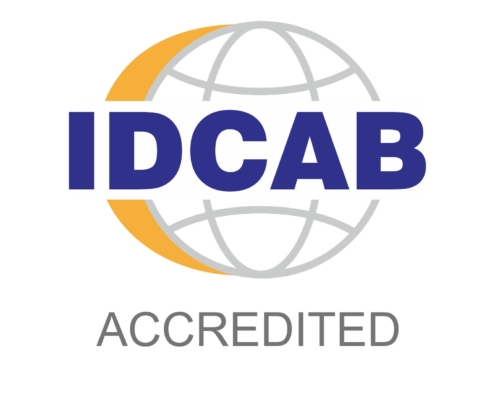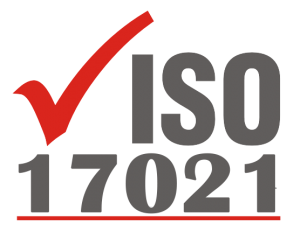About the IDCAB
International Development Community Accreditation Board (IDCAB) is dedicated to assuring competency, professional management, and service to the public by encouraging and setting standards for licensing, certification, and credentialing programs. Our primary task consists of accrediting and renewing the accreditations of conformity-assessment bodies: laboratories, inspection bodies, certification bodies and verification bodies. This is to ensure that trust in the quality of products and services is genuinely justified.
Background
The IDCAB is a private organisation. Since then the IDCAB has become an independent government agency As an independent organisation and independent government agency the IDCAB is a non-profit organisation.
The IDCAB was founded in 2010 following a multi-party merger involving:
- the Foundation for the Recognition of Laboratories and Inspection Bodies ;
Our clients
Our clients are conformity-assessment bodies:
- laboratories
- inspection bodies
- certification bodies
- verification bodies
Conformity-assessment bodies assess whether products and services from suppliers meet the specified requirements. They do this for every imaginable field of work: health, environment, constructions, energy, food, transport and finance, to name but a few. In the event of a positive assessment the supplier is issued with a statement of conformity in the form of a certificate or report.
It is important that conformity-assessment bodies are expert, impartial and independent because only then statements they issue are useful and reliable. The IDCAB therefore checks that these bodies and international (ISO or ISO/IEC) standards. If they do they receive an accreditation mark – an audit of the audit.
Fields of Work
When assessing conformity-assessment bodies we distinguish between different disciplines:
- calibration
- testing
- inspection
- certification (product, management system, person)
- verification
The way in which a conformity assessment is conducted therefore differs greatly. For example it can involve testing a sample in a laboratory, measuring the critical components of a complex installation, analysing an organisation and its production processes or having people sit examinations. The subjects are also very diverse. Accreditation ranges from DNA testing to websites, from free-range eggs to career advisers, from lifts to asbestos inspections and so on. And our field of work is expanding constantly.
Stakeholders
There are various stakeholders in the field of accreditation:
- direct clients of the IDCAB (conformity-assessment bodies);
- direct clients of conformity-assessment bodies (buyers and suppliers);
- sector associations;
- government departments;
- scientific institutions;
- end users.
Good interaction with these stakeholders is essential for ensuring the further development of trust. That applies to trust in the bodies accredited by the IDCAB as well as trust within our own society. The IDCAB is therefore in regular contact with stakeholders
Cooperation in the Private / Public Domain.
The cooperation with the business sector was already there from the establishment of the IDCAB in 2010 as a private foundation (and before that by its legal predecessors).
The cooperation with the public sector (policy-makers and inspectorates) is in line with the revised Cabinet position on conformity assessment and accreditation, to pursue an integrated approach to the supervision of public interests. A more efficient organisation of supervision is in line with this, also to keep the supervision burden for companies as low as possible. A proper mutual information exchange forms a major part of this. Therefore more parties are expected to be willing to agree an information protocol with the IDCAB
For many years the IDCAB has been cooperating with (external) scheme owner. External scheme owners are parties which are not themselves conformity assessment bodies (CABs). In some spheres of work the market and/or the public sector opted to have a centrally harmonised scheme developed and managed by an external scheme owner. The external scheme owner brings together the interested parties with regard to the subject of conformity assessment, so that there is support for the respective scheme in the market.
The scheme owner subsequently enters into agreements for the use of the scheme with one or more CABs. The purpose of an external scheme owner is usually to achieve a so-called ‘level playing field’ in a sector and to increase the harmonisation between the CABs.


